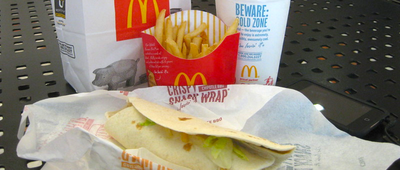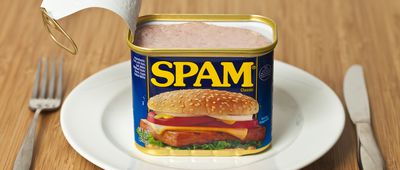SLIM ODDS
When it comes to diet, there is no one catch-all solution. These days, there are so many fads and extreme diets, some of which may work well for some people and not at all for others. The first and most important step is to understand as much as you can about yourself and your unique circumstances and abilities, then make a plan that suits you. If you are considering a radical diet, it's important to understand what the diet is, how it functions, and what its risks are in order to make an informed choice about a lifestyle or temporary diet that works for you.






















